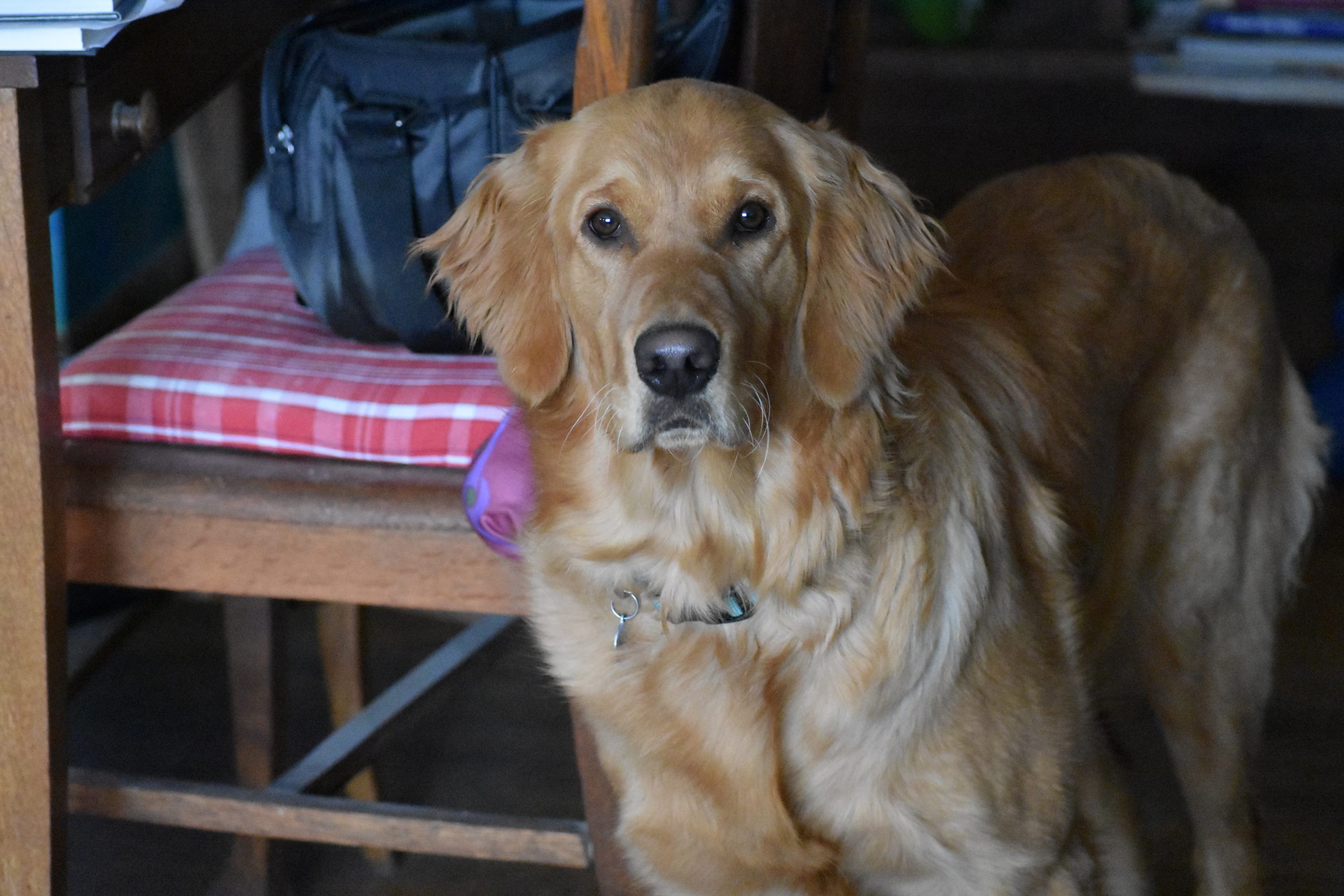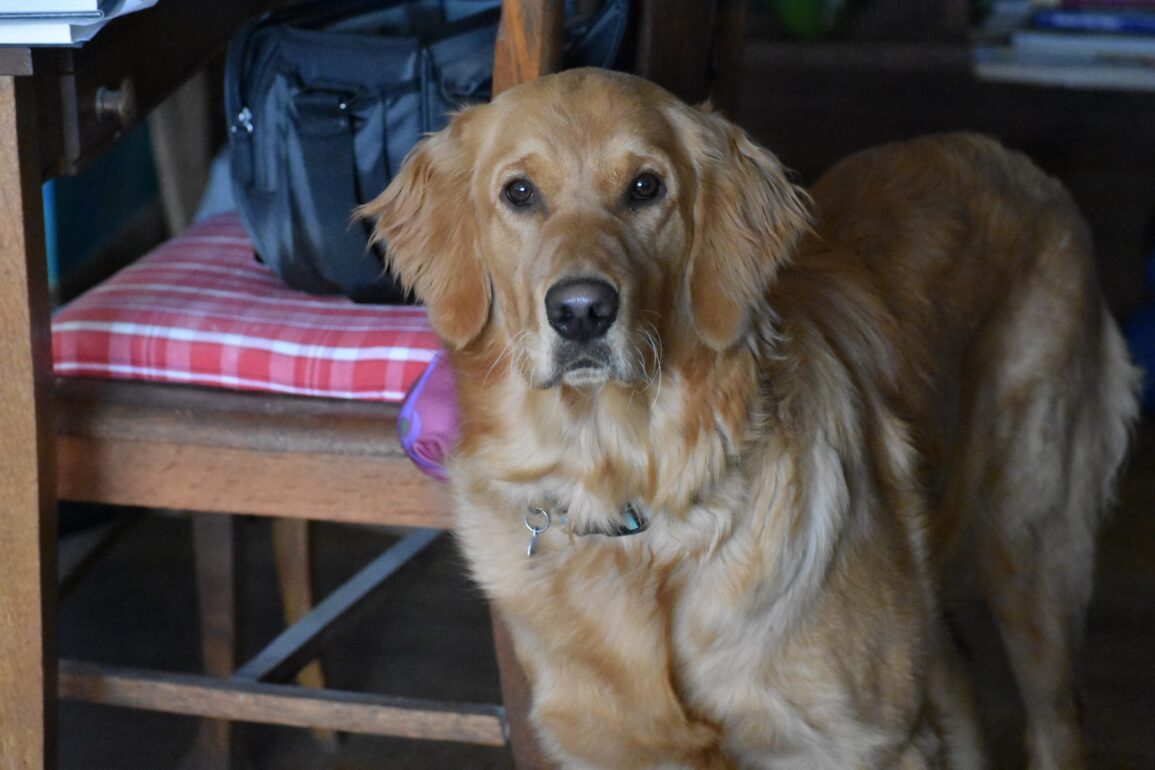
TOPEKA — Covey Find Kennel owners Scott Johnson and Harlene Hoyt refused to take sitting down a federal judge’s decision that Kansas regulators had the right to conduct warrantless inspections of a dog training facility attached to their homestead in Cowley County.
A U.S. District Court judge had decided a conservative legal advocacy group in Overland Park working on behalf of Covey Find Kennel failed to demonstrate the Kansas Department of Agriculture’s enforcement of state law on inspections of pet animal facilities violated Fourth Amendment protections against unreasonable searches. Judge Kathryn Vratil last year dismissed the dog trainers’ lawsuit against the Kansas animal health commissioner.
On appeal to the 10th Circuit Court of Appeals, however, appellate judges restored life to the legal challenge by reversing, in part, the district court’s decision.
The three-judge panel of the Court of Appeals held June 10 that warrantless searches of a Kansas dog training or handling facility likely violated the U.S. Constitution. The case was remanded to district court in Kansas to fully examine the warrantless search issue.
“The record before us does not establish a need for warrantless inspection,” the appellate judges said. “This conclusion also requires reversal of the dismissal of the plaintiffs’ claim that the Kansas Pet Animal Act unconstitutionally conditions issuance of a license on waiving Fourth Amendment rights.”
Covey Find Kennel, which trains hunting dogs owned by customers near Winfield, also claimed in the 2022 lawsuit a state mandate they make their property available for inspection within 30 minutes of an examiner’s arrival infringed on their right to travel for lawful purposes.
The Court of Appeals said the plaintiffs’ right-to-travel argument was properly rejected by the district court. State regulations didn’t impose burdens beyond those commonly borne by owners who traveled away from location of their business, the appeals court said.
The lawsuit was predicated on a 2020 inspection of Covey Find Kennel that occurred while Johnson was not at the dog facility. Hoyt, as Johnson’s designated representative for state inspections, was present.
The panel that considered the case was comprised of Judge Harris Hartz, appointed by President George W. Bush; Judge Gregory Phillips, appointed by President Barack Obama; and Judge Joel Carson, appointed by President Donald Trump.
These judges concluded “warrantless inspections of certain businesses or industries are constitutionally permissible when the regulatory regime authorizing the inspections passes a two-part test. First, the business or industry to be inspected must be ‘closely regulated.’”
For those searches to satisify the Fourth Amendment, the appellate opinion said, there also must be a substantial government interest underlying the regulatory structure, warrantless inspections must be necessary to conduct oversight and the state’s inspection program must be structured to provide a substitute for a warrant.
In terms of establishing the necessity of a warrantless inspection, the Court of Appeals said the state had to do more than suggest violations could be concealed in the time it took to obtain a warrant after a business blocked an inspection. The state must have evidence that regulations guarding welfare of dogs could be enforced only through surprise warrantless inspections, the opinion said.
“Perhaps the kennel operator could dispose of a sick or injured dog,” the decision said. “But that would be much harder for an operator to do when the dogs are owned by customers than if the business was that of a dog breeder or pet shop.”
The Kansas pet animal law was enacted in 1972. Originally, it covered animal dealers, pet-shop operators, pounds or animal shelters and research facilities. The state statute was amended to include kennel operators due to apprehension about operation of “puppy mills.”
The act for many years permitted the state Department of Agriculture to give owners prior notice of inspections, but changes signed into law six years ago forbid advance warnings. In Kansas, refusing an inspection has been grounds for suspension or revocation of a state license. Denial of access to an inspector could prompt the agriculture department to obtain a search warrant authorizing access. A $200 fine can be assessed if no representative of a pet animal facility can be at the site within 30 minutes for an inspection.
The pending legal challenge centered on a refor bill passed by the 2018 Kansas Legislature on votes of 116-4 in the House and 34-6 in the Senate. The measure was signed into law by Republican Gov. Jeff Colyer.
This post was originally published on this site be sure to check out more of their content.













































